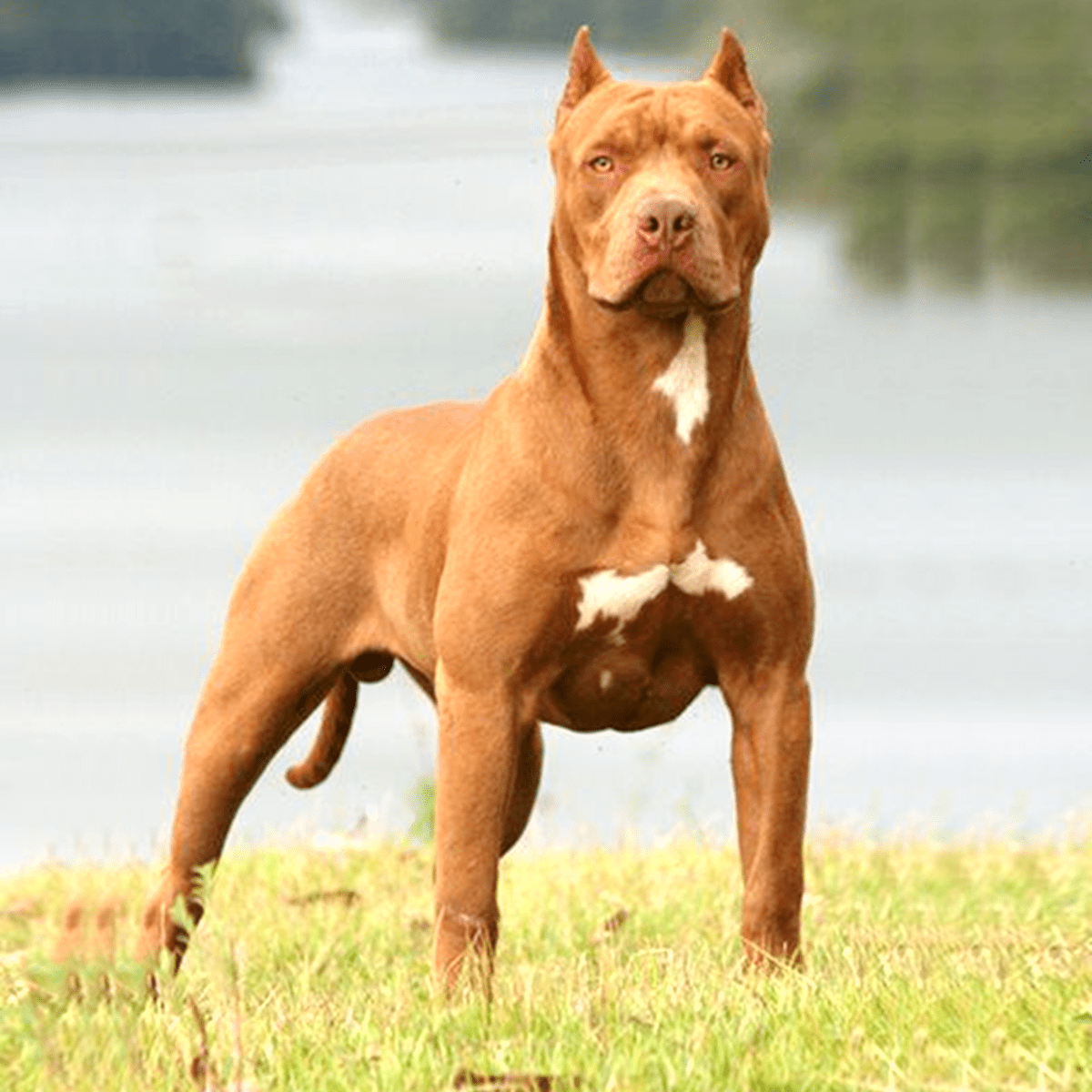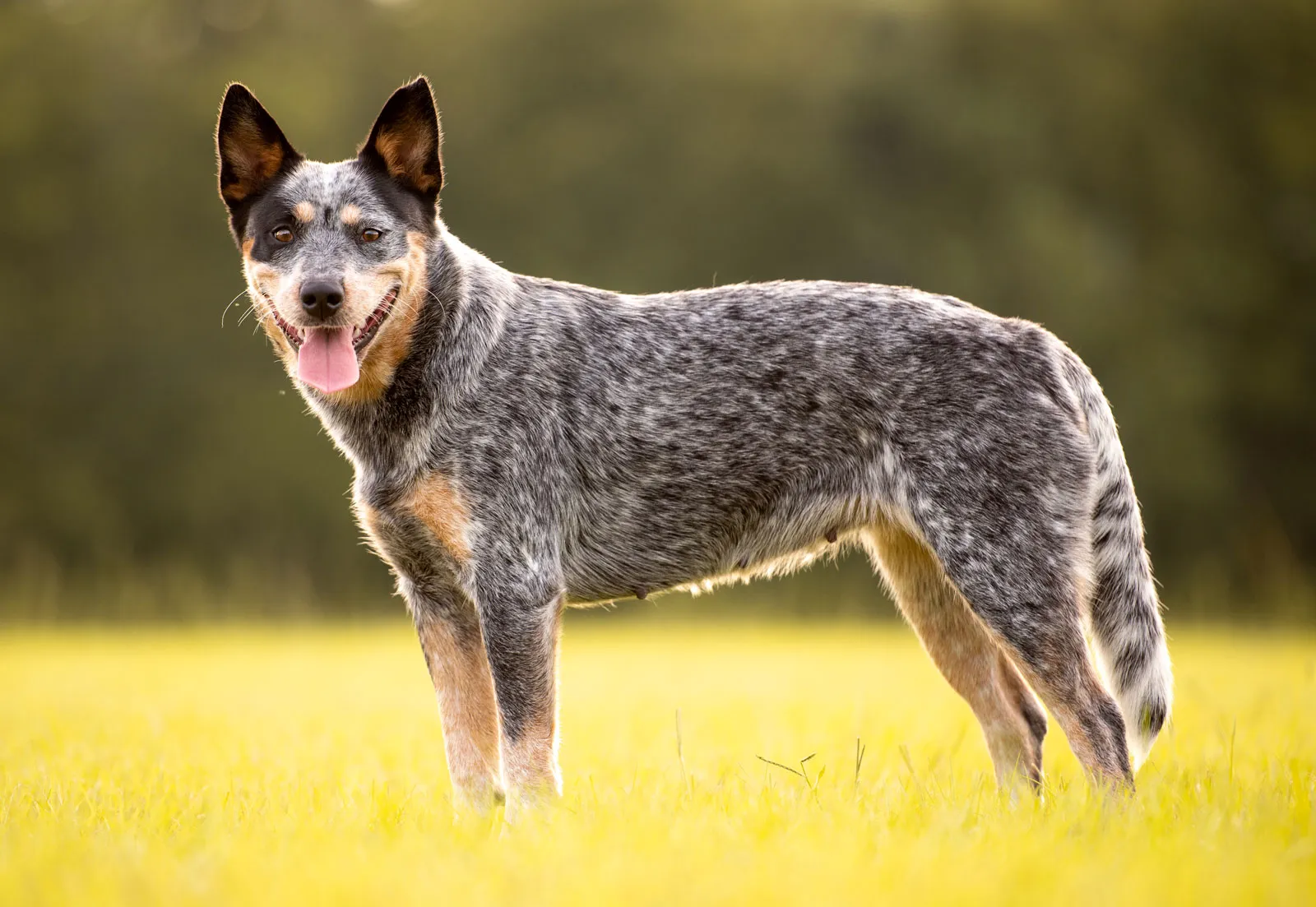Top 10 Worst Dog Breeds

This Top 10 Worst Dog Breeds list may initially raise eyebrows, but let us be clear from the outset´┐Żevery dog is an individual, and no breed inherently produces "bad" dogs. Dogs, much like people, are influenced by a combination of genetics, upbringing, training, and environment. The intention behind this list is not to perpetuate stereotypes or pass judgment but rather to emphasize the importance of responsible ownership, education, and understanding that each dog, regardless of breed, is capable of being an amazing companion. In the world of canines, love, care, and proper training can transform any dog into a cherished family member.
As we delve into this light-hearted and satirical take on the "worst" dog breeds, let's remember that these descriptions are for entertainment purposes only. The joy, loyalty, and unconditional love that dogs bring into our lives transcend breed stereotypes. Every dog has the potential to be an incredible friend, and the key to a harmonious relationship lies in responsible ownership, proper training, and a commitment to understanding the unique needs of our four-legged companions. So, with a twinkle in our eyes and a nod to the whimsical nature of such lists, let's celebrate the diversity and individuality that make each dog extraordinary.
1Akita

- Pros: Loyal and dignified.
- Cons: May be reserved with strangers and requires early socialization to prevent aloofness.
- Characteristics: Loyal, dignified, and reserved.
- Family-Friendly Tips: Early socialization and positive exposure to various environments can help Akitas become well-adjusted family members. Consistent training, gentle handling, and providing mental stimulation through games and activities contribute to a harmonious family dynamic.
- Training Focus: Early socialization is crucial to expose Akitas to various people and situations. Positive reinforcement training should focus on obedience and reinforcing good behavior, as Akitas can be independent.
2Pit Bull

- Pros: Affectionate and intelligent.
- Cons: May face breed-specific legislation and misconceptions due to their history, requiring responsible ownership and education.
- Characteristics: Affectionate, energetic, and intelligent.
- Family-Friendly Tips: Proper training and positive reinforcement are essential for Pit Bulls. Early socialization helps them develop good manners and a friendly demeanor. Regular exercise, play, and mental stimulation contribute to a happy and well-balanced family dog.
- Training Focus: Positive reinforcement training is essential for Pit Bulls. Focus on socialization to counteract any breed-specific stereotypes. Obedience training helps channel their intelligence and energy positively.
3Saint Bernard

- Pros: Gentle and patient.
- Cons: Large size may be a challenge in smaller living spaces, and regular grooming is needed.
- Characteristics: Gentle, friendly, and patient.
- Family-Friendly Tips: Due to their large size, early obedience training is crucial. Saint Bernards thrive on companionship and are well-suited for families. Regular grooming, exercise, and activities that engage their intelligence contribute to their well-being.
- Training Focus: Early obedience training and socialization are crucial due to their large size. Focus on leash training to manage their strength and gentle handling to build trust.
4Treeing Walker Coonhound

- Pros: Energetic and friendly.
- Cons: Strong hunting instincts may lead to chasing small animals, and they may be vocal.
- Characteristics: Energetic, intelligent, and friendly.
- Family-Friendly Tips: Regular exercise and mental stimulation are essential for Treeing Walker Coonhounds. Their sociable nature makes them adaptable to family life. Positive reinforcement training and activities that tap into their hunting instincts provide a fulfilling family experience.
- Training Focus: Due to their energetic nature and strong hunting instincts, focus on consistent recall training and providing mental stimulation. Positive reinforcement helps in building a strong bond.
5Chow Chow

- Pros: Independent and loyal.
- Cons: Tendency to be aloof with strangers and requires consistent socialization from an early age.
- Characteristics: Independent, dignified, and loyal.
- Family-Friendly Tips: Early socialization is key to helping Chow Chows become well-adjusted family members. Positive reinforcement training, consistent leadership, and gentle handling contribute to a positive relationship. Regular grooming and exercise also maintain their well-being.
- Training Focus: Early and consistent socialization is essential for Chows. Positive reinforcement training should focus on establishing leadership and reinforcing good behavior.
6Bullmastiff

- Pros: Gentle and protective.
- Cons: Large size can be a challenge, and they may be reserved with strangers.
- Characteristics: Gentle, affectionate, and protective.
- Family-Friendly Tips: Early training and socialization help Bullmastiffs develop into calm and confident family protectors. Positive reinforcement, consistent rules, and regular exercise contribute to their well-balanced nature. Supervised interactions with children ensure a positive family experience.
- Training Focus: Early socialization and obedience training are crucial for Bullmastiffs. Training should emphasize gentle handling and reinforcing their protective instincts in a controlled manner.
7Cane Corso

- Pros: Loyal and trainable.
- Cons: Requires consistent leadership and may be reserved with strangers.
- Characteristics: Loyal, trainable, and protective.
- Family-Friendly Tips: Early socialization and positive exposure to various environments help Cane Corsos become well-mannered family companions. Obedience training, consistent leadership, and regular exercise contribute to a harmonious family dynamic.
- Training Focus: Early socialization is imperative for Cane Corsos. Positive reinforcement training should focus on establishing a strong bond, consistent leadership, and controlled protective instincts.
8Australian Cattle Dog

- Pros: Intelligent and loyal.
- Cons: High energy levels may require more exercise and mental stimulation than some families anticipate.
- Characteristics: Intelligent, energetic, and loyal.
- Family-Friendly Tips: Regular exercise and mental stimulation are essential for Australian Cattle Dogs. Positive reinforcement training and activities that engage their agility and intelligence contribute to a well-adjusted family pet.
- Training Focus: Due to their intelligence and energy, focus on consistent training that challenges their minds. Obedience training, agility exercises, and positive reinforcement contribute to a well-behaved Cattle Dog.
9Caucasian Shepherd

- Pros: Protective and loyal.
- Cons: Requires early socialization, and their large size may be challenging.
- Characteristics: Protective, assertive, and loyal.
- Family-Friendly Tips: Early socialization is crucial for Caucasian Shepherds. Positive reinforcement training and consistent leadership help them develop into protective yet well-mannered family members. Regular exercise and mental stimulation contribute to their overall well-being.
- Training Focus: Early and extensive socialization is crucial for Caucasian Shepherds. Positive reinforcement training should focus on reinforcing calm behavior and controlled protective instincts.
10Rottweiler

- Pros: Loyal and good-natured.
- Cons: May exhibit dominance if not properly trained, and early socialization is crucial for a well-mannered Rottweiler.
- Characteristics: Loyal, confident, and good-natured.
- Family-Friendly Tips: Early socialization and positive exposure to various people and situations help Rottweilers become well-adjusted family members. Obedience training, consistent leadership, and regular exercise contribute to their friendly and loving nature.
- Training Focus: Early socialization and obedience training are essential for Rottweilers. Leadership and positive reinforcement help channel their natural confidence in a positive direction.
And so, our quirky journey through the "Top 10 Worst Dog Breeds" list comes to a close, like the final chapter of a wild bedtime story. But here's the twist´┐Żthis story was all make-believe! Just like when you imagine your toys having secret tea parties. Remember, pals, every dog is like a unique puzzle piece, fitting into families with different shapes and sizes.
Now, grab your invisible capes, because here's the scoop: dogs aren't about being the "worst" or the "best"; they're about being our waggy-tailed pals who teach us how to jump into puddles of joy. So, as we wave goodbye to this pretend adventure, let's celebrate the real deal´┐Żour furry friends who bring laughter, woofs, and maybe a little mischief into our lives. Here's to the tail-waggin', belly-rubbin', utterly fantastical world of dogs!